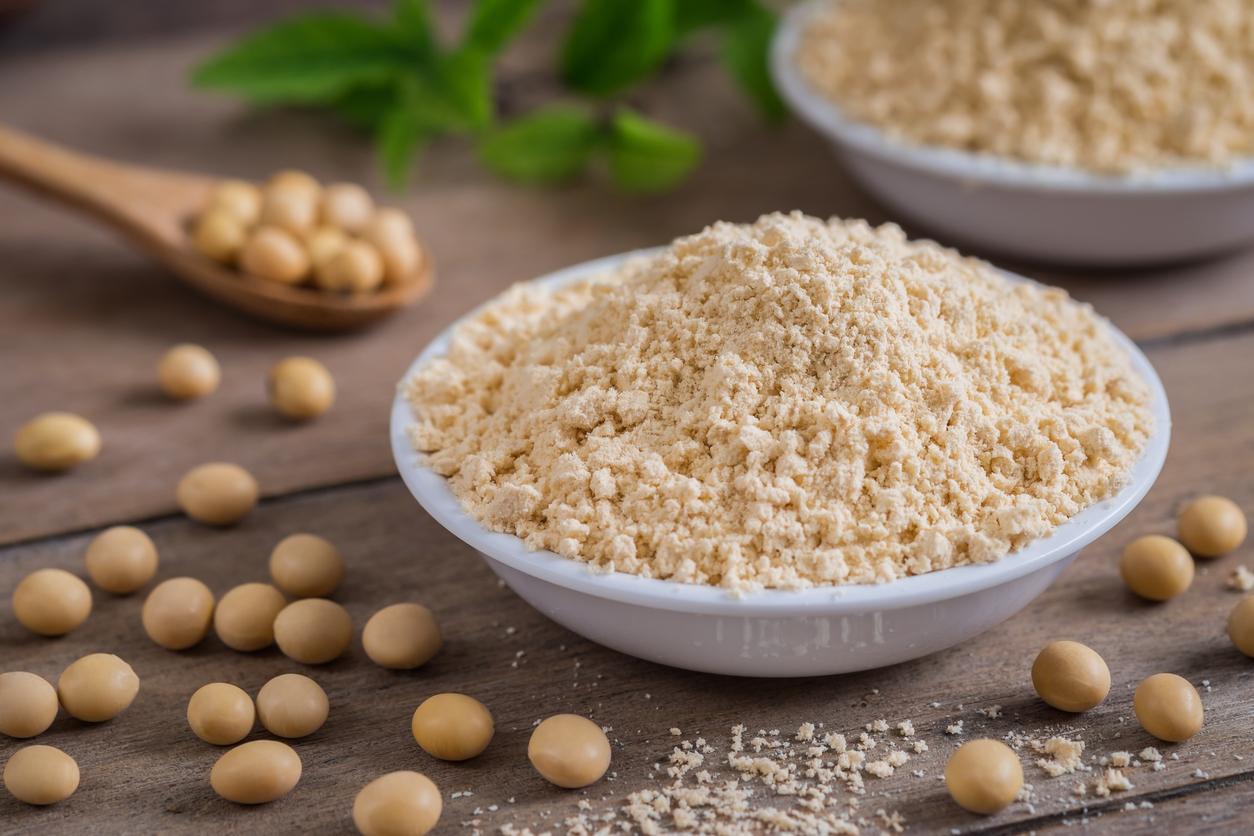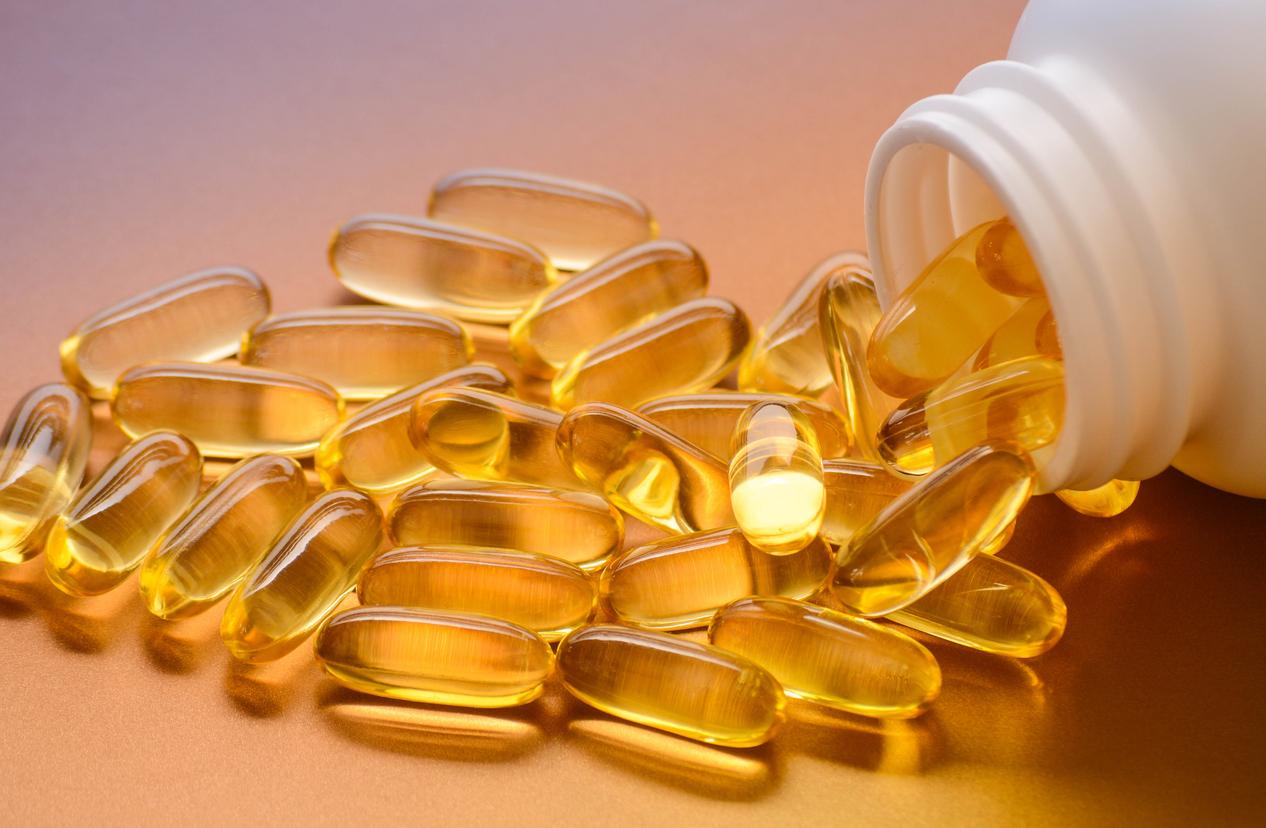A new study shows that men with a high level of active vitamin D in their body have a richer and more diversified microbiota, guaranteeing good intestinal health.

- A high level of active vitamin D in the body contributes to good intestinal health: the bacteria present in the intestine are then more diverse.
- What matters is your body’s ability to metabolize the vitamin into active vitamin D, not vitamin D supplementation, which is then an inactive precursor.
Composed of billions of bacteria, viruses and microbes that populate our digestive tract and our intestines, our intestinal microbiota plays a major role in our health. Its composition and its balance are therefore essential to preserve not only our digestive system, but also to protect us against certain pathologies such as cancer, autoimmune diseases such as Crohn’s disease or even against obesity.
Posted in Kind Communicationa new study points to the benefits of active vitamin D on the intestinal microbiota.
Active vitamin D rather than its inactive form
Essential for healthy bones and teeth, vitamin D participates in the metabolism of calcium and phosphorus in the body, as well as in the proper functioning of muscles, the heart and the immune system, and has a protective effect on neurons.
As it can take different forms, vitamin D is generally detected in only one form by standard blood tests: that of an inactive precursor that can be stored by the body. To use vitamin D, the body must metabolize the precursor into an active form.
It is this active form that participates in the diversity of the intestinal microbiota, and not its precursor form, explains Dr. Deborah Kado, director of the osteoporosis clinic at UC San Diego Health and lead author of the study. “We believe that a greater diversity of gut microbiota is associated with better health in general”she points out.
With her team, the researcher analyzed the stool and blood samples provided by 567 men residing in six American cities. The median age of the participants, all in good health, was 84 years old. The researchers used a technique called 16s rRNA sequencing to identify and quantify the types of bacteria in each stool sample based on unique genetic identifiers.
They also used a method known as LC-MSMS to quantify vitamin D metabolites (the precursor, active hormone, and breakdown product) in each participant’s blood serum.
More diverse bacteria thanks to active vitamin D
In addition to finding a link between active vitamin D and overall microbial diversity, the researchers also noted that 12 particular types of bacteria appeared more often in the gut microbiota of men with high levels of active vitamin D. Most of these 12 bacteria produce butyrate, a beneficial fatty acid that helps maintain the health of the intestinal lining.
“Gut microbiota are really complex and vary a lot from person to person, develops Serene Lingjing Jiang, co-author of the works. When we find associations, they are generally not as distinct as those we found here.”
The importance of properly metabolizing vitamin D
The men in the study live in different parts of the United States and are therefore exposed to different amounts of sunlight, a source of vitamin D. As expected, the men living in California were exposed to more sunlight, and therefore received more of the precursor form of vitamin D. Yet researchers have found no correlation between where men live and their levels of the active vitamin D hormone.
“It doesn’t seem to matter how much vitamin D you get from sunlight or supplementation, or how much your body can store, says Dr. Kado. What matters is your body’s ability to metabolize this vitamin into active vitamin D, and this may be what clinical trials need to measure in order to get a more accurate picture of the vitamin’s role in health.”
.















